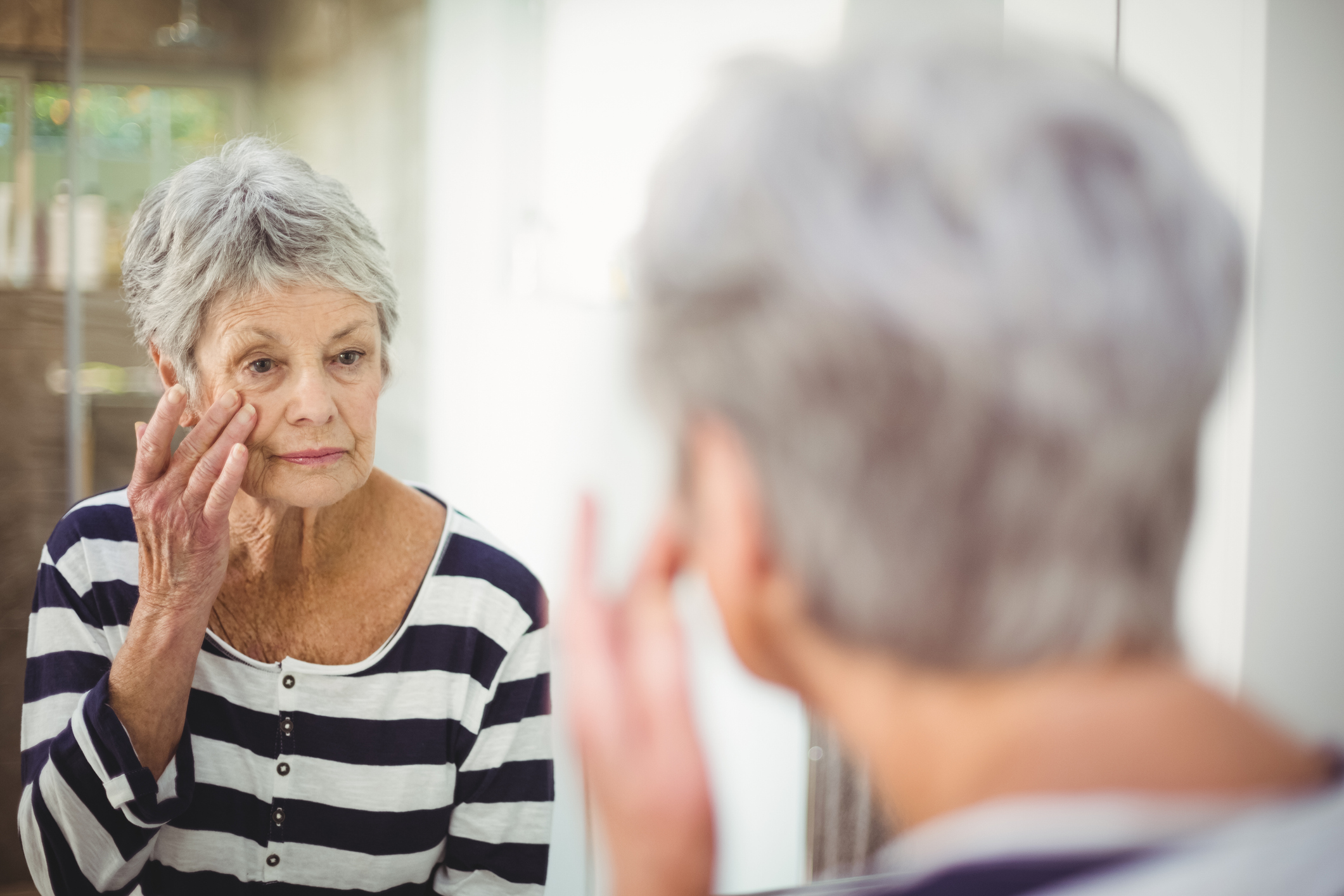Dry January has come to a close, and those who held strong during a tumultuous month with their diet, drinking or exercise goals may be noticing the bathroom scale is starting to reflect some positive fat loss results. But along with less body fat, older adults may also notice that a lack of plumpness in the face is revealing less rounded, youthful cheeks, drooping jowls or deepening facial creases.
According to a recent study analyzing facial fat volumes of people between the ages of 30 and 65, volume loss rather than sun damage or lifestyle plays a key role in the appearance of aging on the face. Bouncy cheeks, full lips and overall plump skin give the face a youthful appearance; study participants lost an average of 11.3 percent of superficial fat volume over the 11-year study period. Deep fat volume, which rests further beneath the surface of the skin decreased by 18.4 percent, even when body mass remained relatively stable.
It’s no wonder facial fillers and botox have become so popular as minimally-invasive cosmetic procedures that help to rejuvenate the face in older age. A healthy diet, regular exercise, stopping smoking, wearing sunscreen and limiting alcohol can also help prevent premature aging. If you are thinking about fillers to compensate for fat loss, talk with your doctor first, and consider waiting until after receiving the COVID-19 vaccine as there have been reported side-effects among people who have had injections of cosmetic fillers.
According to Harvard Health Publishing, dermal fillers are an injectable treatment that can be done in the doctor’s office to help smooth lines and restore lost volume in the face. They are composed of a variety of substances including hyaluronic acid which is a naturally-occurring substance found in our skin. The effects generally last for six months or longer as the body gradually absorbs HA fillers. Talk with a board-certified dermatologist or cosmetic surgeon to learn more about the various options for fillers and their potential side-effects. Never accept dermal filler procedures from a non-health professional or purchase any dermal filler product on the internet as they may cause serious reactions and be contaminated or harmful.






Add Your Voice
0 Comments
Join the Discussion